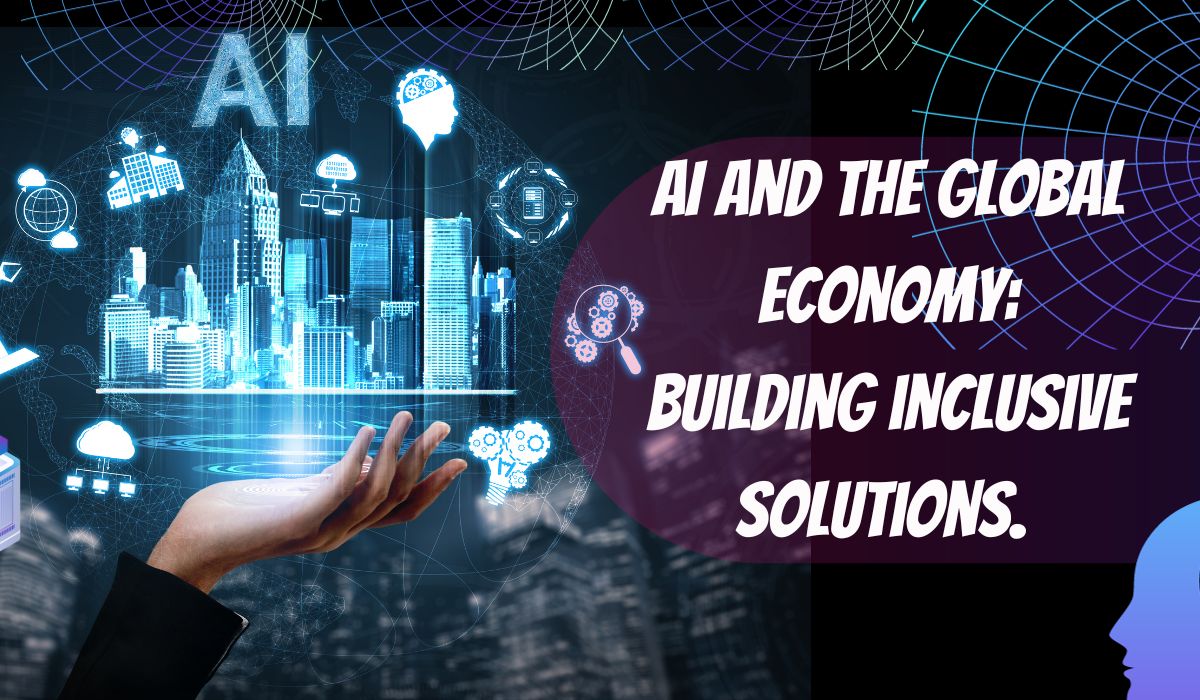
Artificial Intelligence (AI) is increasingly recognized as a transformative force across various sectors, but concerns persist about its potential impact on the economic divide, particularly in developing nations. The foundation of AI solutions lies in how data is accessed and utilized. There is apprehension that excluding segments of society due to the digital divide may lead to decisions favoring those with higher internet access, exacerbating existing disparities. The advent of AI could also disrupt job markets, especially in repetitive roles, potentially widening wealth gaps and emphasizing the need for accessible education to equip individuals with digital and AI skills.
Governments, businesses, and citizens must collectively address the challenges and opportunities posed by AI adoption. Prioritizing inclusive AI development is crucial for fostering equitable outcomes. To mitigate job losses in certain sectors, there's a call for providing training to the workforce for acquiring alternative skills. Bridging the economic gap becomes a focal point, with AI solutions aimed at enhancing financial inclusion through improved access to banking and financial services. Ethical considerations play a pivotal role, emphasizing the importance of engaging with communities to ensure fair distribution of benefits.
Developing countries face the dual challenge of economic disadvantage and dealing with the repercussions of AI solutions developed in more advanced nations. Beyond addressing inequitable growth, there's a recognition of the environmental consequences associated with AI models deployed globally. A 2020 study suggests that AI could contribute significantly to achieving 79% of sustainable development goals, offering potential improvements in sanitation, access to clean water, and healthcare for disadvantaged populations. However, realizing these benefits requires critical building blocks, including robust infrastructure, a thriving innovation ecosystem, an excellent education system, access to emerging technologies, and a skilled workforce for successful AI implementation.